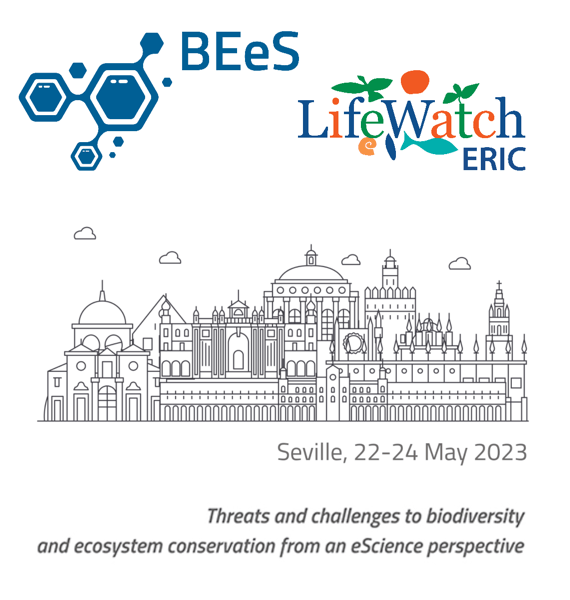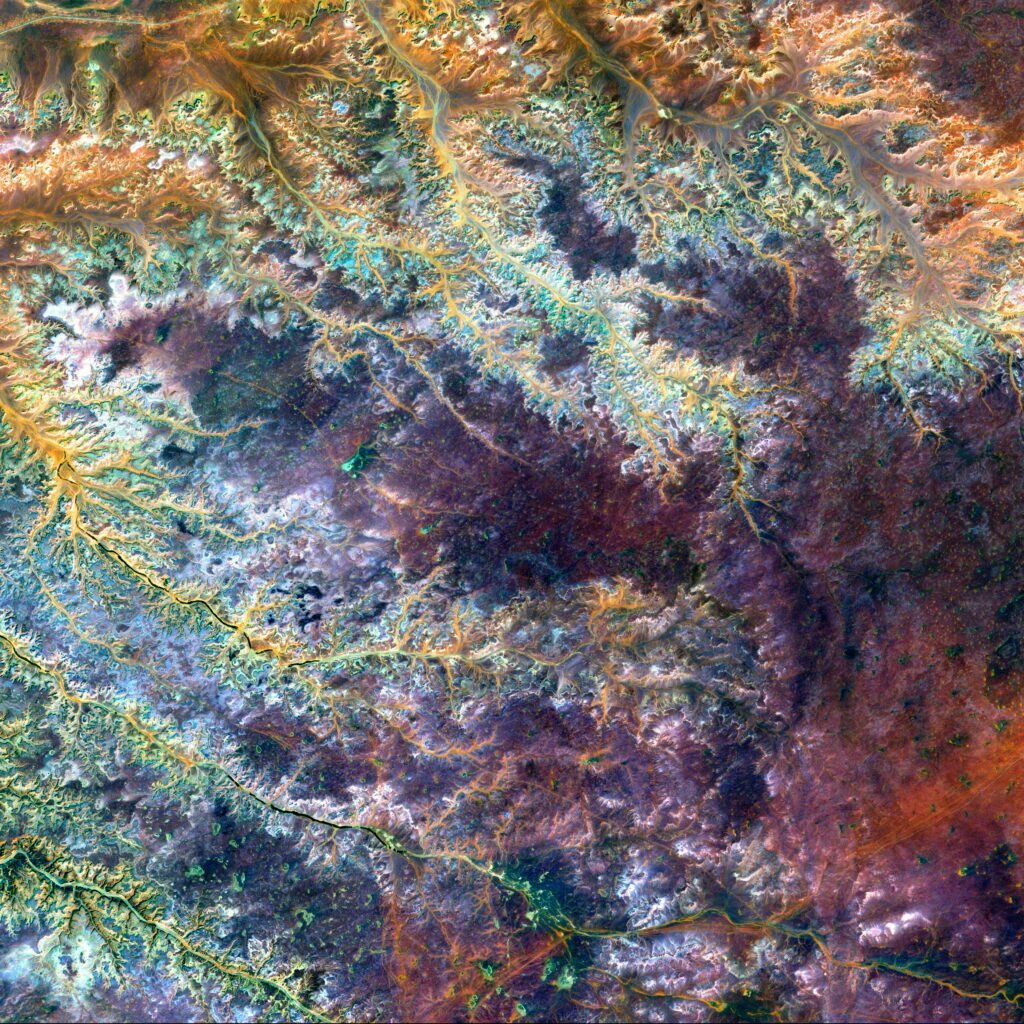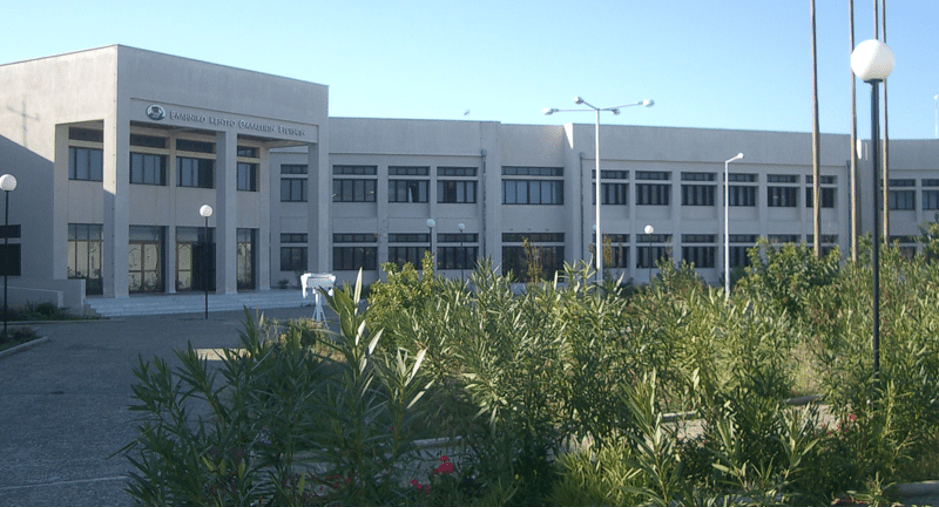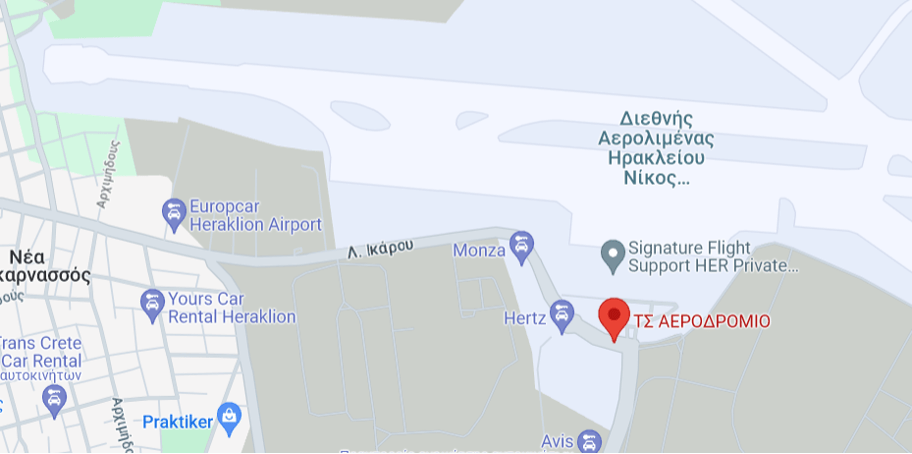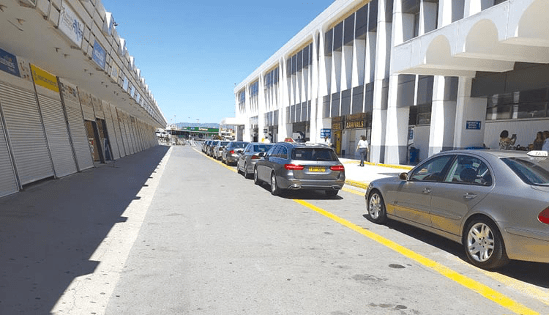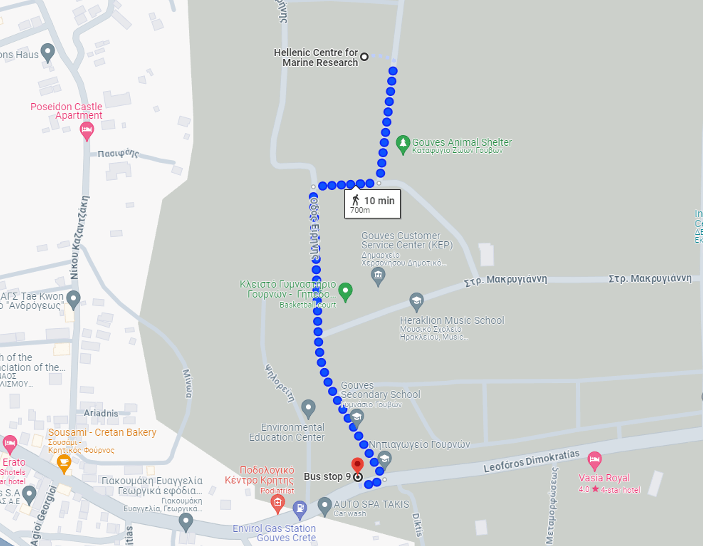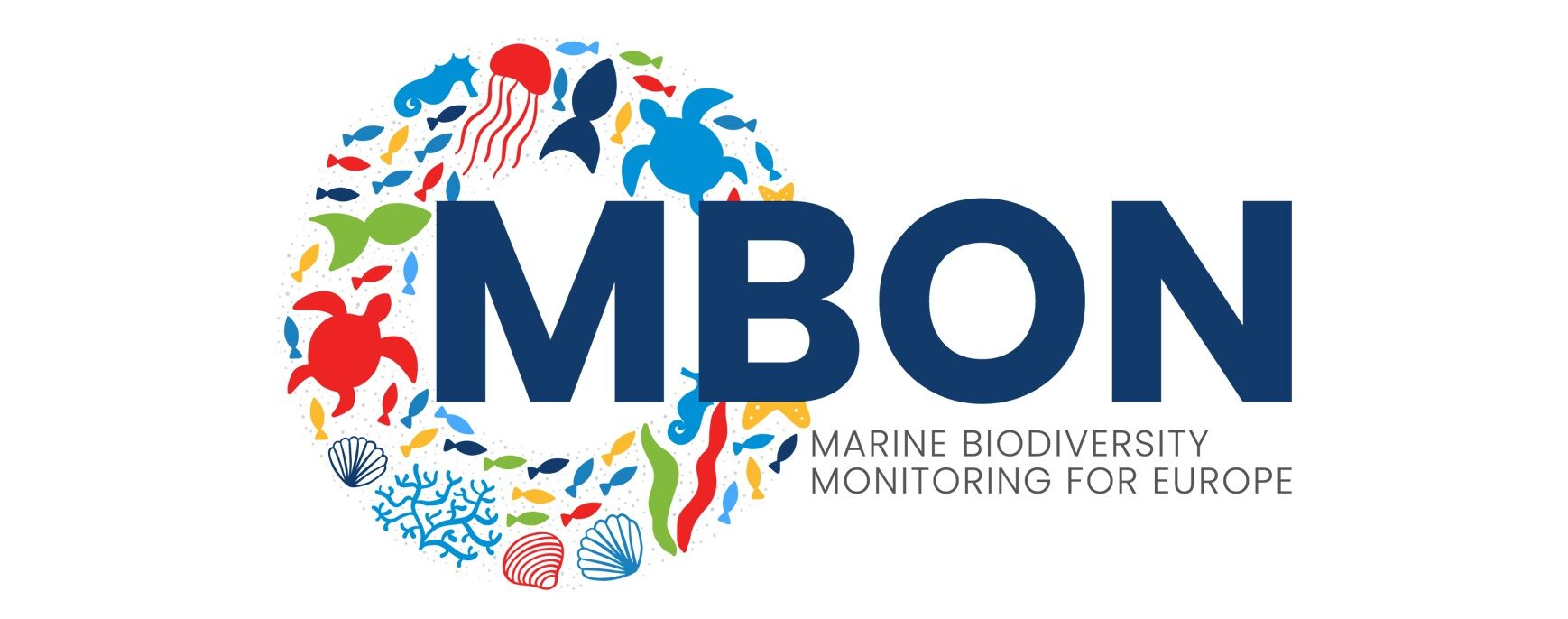09:00 – 13:00 Working Table European RIs on Life component of the Biosphere: complementarities and synergies – On invitation only
09:00 – 13:00 Conference Registration
13:00 – 14:30 Lunch
14:30 – 15:15 Session Institutional Opening Addresses
15:15 – 16:00 Key Note Presentation
16:00 – 16:30 Coffee break
16:30 – 17:15 Key Note Presentation
17:15 – 18:00 Key Note Presentation
18:00 – 19:30 Round Table of the Biodiversty & Ecosystem European RIs
08:30-10:30 Session Ecological responses to Climate Change
- LifeWatch ERIC thematic service on Ecological responses to Climate Change (15′)
- Keynote Presentation (30′)
- 1 Selected Project presentation (15′)
- 6 Selected Scientific Presentations (prioritised user stories/research, using the infrastructure research products, 10′ each)
- Poster presentations within the poster session
10:30 -11:00 Coffee break
11:00 – 13:00 Session Mapping life on planet: Biogeography in a changing world
- LifeWatch ERIC thematic service on Biogeography (15′)
- Keynote Presentation (30′)
- 1 Selected Project Presentation (15′)
- 6 Selected Scientific Presentations (prioritised user stories/research, using the infrastructure research products, 10′ each)
- Poster presentations within the poster session
13:00 – 14:30 Lunch
14:30 – 16:30 Session Taxonomy: Identifying the units of diversity in life
- LifeWatch ERIC thematic service on Taxonomy (15′)
- Keynote Presentation (30′)
- 1 Selected Project Presentation (15′)
- 6 Selected Scientific Presentations (prioritised user stories/research, using the infrastructure research products, 10′ each)
- Poster presentations within the poster session
16:30 – 17:00 Coffee break
17:00 – 18:30 Poster presentations
17:00 – 18:30 Booth activities
- Hands on sessions on key LifeWatch ERIC services, vLabs and VREs
Social Dinner (time and venue tbc)
08:30 – 10:30 Session Exploring boundaries of life hosting spaces: Habitat mapping
- LifeWatch ERIC thematic service on habitat mapping (15′)
- Keynote Presentation (30′)
- 1 Selected Project Presentation (15′)
- 6 Selected Scientific Presentations (prioritised user stories/research, using the infrastructure research products, 10′ each)
- Poster presentations within the poster session
10:30 – 11:00 Coffee break
11:00 – 13:00 Session Biodiversity Observatory: Smart Systems for a Living Planet – Revolutionising Biodiversity Monitoring with Automation
- LifeWatch ERIC thematic service on Observation systems (15′)
- Keynote Presentation (30′)
- 1 Selected Project Presentation (15′)
- 6 Selected Scientific Presentations (prioritised user stories/research, using the infrastructure research products, 10′ each)
- Poster presentations within the poster session
13:00 – 14:30 Lunch
14:30 – 16:30 Session Tracking the Wild: Unlocking Insights into Animal Movement, Behavior, and Biologging
- LifeWatch ERIC thematic service on Animal behavior & Space use tracking (15′)
- Keynote Presentation (30′)
- 1 Selected Project Presentation (15′)
- 6 Selected Scientific Presentations (prioritised user stories/research, using the infrastructure research products, 10′ each)
- Poster presentations within the poster session
16:30 – 17:00 Coffee break
17:00 – 18:00 Poster presentations
17:00 – 18:00 Booth activities
- Hands on sessions on key LifeWatch ERIC services, vLabs and VREs
18:00 – 18:30 Concluding remarks and future perspectives
09:00 – 13:00 Training Sessions
- Thematic summer schools for early career researchers (from MSc and PhD students to junior PostDoc) organised by CFs and TSWGs on key scientific or technological frontiers of biodiversity and ecosystem research
13:00 – 14:30 Lunch Break
14:30 – 18:30 Training Sessions
- Thematic summer schools for early career researchers (from MSc and PhD students to junior PostDoc) organised by CFs and TSWGs on key scientific or technological frontiers of biodiversity and ecosystem research.
